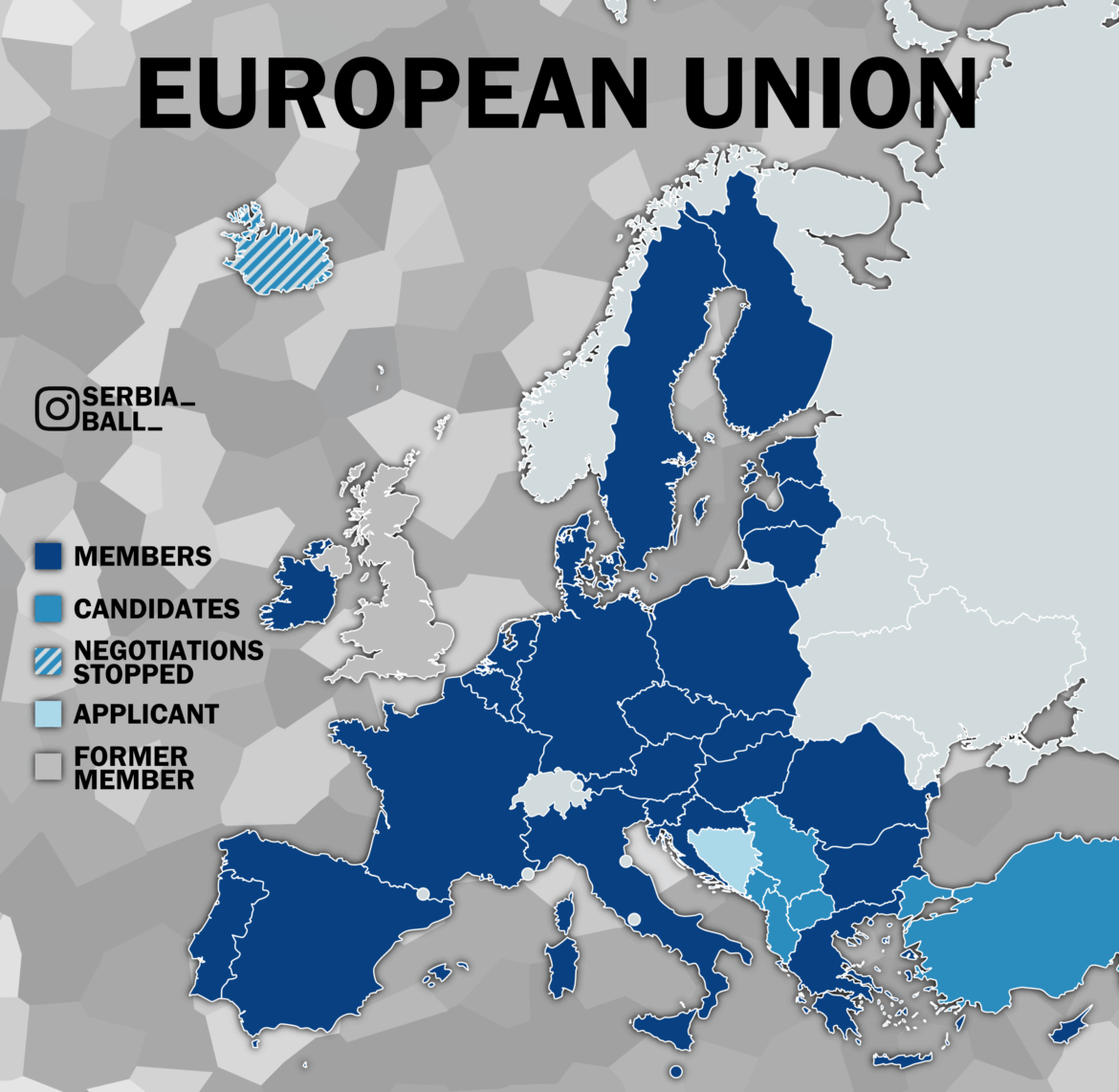The European Credit Transfer and Accumulation System (ECTS) operates as a bridge connecting diverse educational landscapes across Europe. This system, akin to a finely woven tapestry, intricately intertwines credits earned by students, providing them the flexibility to traverse between nations and institutions while pursuing their academic objectives. As students embark on this educational pilgrimage, it is paramount to unravel the importance of ECTS from a Christian perspective, for education, much like faith, is a journey laden with opportunities, responsibilities, and most importantly, growth.
In understanding ECTS, one must first appreciate its foundational aspects. At its core, ECTS is designed to facilitate the recognition of academic qualifications and periods of study undertaken in different countries. Mimicking the Great Commission that urges believers to spread their faith across nations, ECTS encourages students to expand their horizons beyond geographical and cultural borders. In this vein, the system stands as a manifestation of unity in diversity, encouraging the pursuit of excellence in academic endeavors while fostering intercultural exchanges.
The heart of ECTS beats with the credits assigned to each course—typically, 60 ECTS credits correspond to one academic year. Students’ academic load can be understood as a form of stewardship, akin to the parable of the talents in Matthew 25:14-30, where servants are entrusted with resources to cultivate and multiply. Here, students are called to manage their time and effort effectively, ensuring they are not merely passive recipients of knowledge but active participants in their educational journeys. Each credit serves as a measure of their diligence, commitment, and ethical obligation to learn and grow.
As students accumulate these credits, they are not only keeping score of their academic achievements but are also actively engaging in their moral and spiritual growth. Students can regard their academic pursuits as opportunities for stewardship, whereby they cultivate their God-given talents and enrich both their own lives and those around them. It is a modern-day quest reminiscent of the early Christian scholars who sought knowledge not for personal glory, but to serve God and humanity through their insights and teachings.
The mobility aspect of ECTS reflects the biblical notion of migration, as seen in the lives of the Israelites, who journeyed through the wilderness towards the Promised Land. While each student’s path may differ, the essence of migration remains—transformation through experience. Studying abroad, a principal feature within the ECTS framework, allows students to immerse themselves in different cultures and perspectives. Such exposure encourages a greater understanding of the global community, fostering the sentiment echoed in Romans 12:2, which urges believers to be transformed by the renewing of their minds.
Furthermore, ECTS serves as an instrument for collaboration among institutions, reflecting the communal aspect of Christianity. Much like the early Church, where believers came together to support one another, universities and colleges across Europe are encouraged to establish partnerships, facilitating student mobility and shared resources. This interconnectedness is manifest in joint degree programs, where multiple institutions collaboratively provide education, echoing the biblical principle of interdependence among members of the body of Christ as articulated in 1 Corinthians 12:12-27.
While ECTS provides a structured framework, it also signifies an array of challenges that require students to navigate with wisdom and discernment. The pressures of academic life can lead to anxiety and disillusionment, much like the trials faced by the Apostle Paul. However, students are reminded that their educational journey, much like their spiritual journey, is meant to be embraced with resilience. Philippians 4:13 assures that “I can do all things through Christ who strengthens me,” a comforting reminder for students laboring under the weight of academic demands.
Navigating ECTS involves meticulous planning, a quality that mirrors the biblical virtue of prudence. As students select their courses and institutions, they must consider their long-term aspirations, ethical implications, and personal values. This endeavor necessitates not just intellectual engagement but also prayers for guidance, reminiscent of Proverbs 16:3, which states, “Commit your work to the Lord, and your plans will be established.” Such acknowledgment of divine guidance transforms decision-making into a holistic process that encompasses mind, body, and spirit.
In light of these considerations, students must also engage with the concept of equity and inclusivity, fundamental principles espoused by Christianity. ECTS aims to eliminate barriers to educational access, allowing individuals from diverse backgrounds to participate in higher education. This democratization of learning resonates profoundly with the Christian call to support the marginalized, echoing the message of James 2:1-4, which admonishes believers not to show favoritism. Seeking equitable access aligns with Christ’s teaching and the pursuit of justice in education.
The European Credit Transfer and Accumulation System epitomizes more than just a methodology for academic assessment; it embodies a transformative ethos that parallels the Christian journey. As students traverse through credits, courses, and cultures, they engage in a profound exploration of self and society. The challenges faced along the way serve as opportunities for growth, the partnerships forged echo a commitment to community, and the navigational choices made reflect a steadfast reliance on divine wisdom. In cultivating knowledge through ECTS, students are not just fulfilling academic requirements; they are answering a divine calling to be stewards of their gifts for the greater good. Thus, embracing the ECTS system is akin to embarking on an odyssey of faith and learning, with the potential to leave a lasting legacy in this world.



